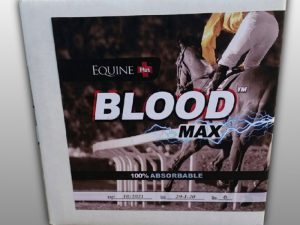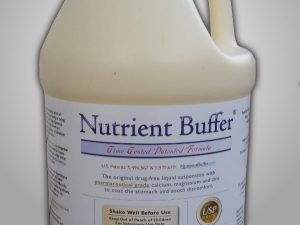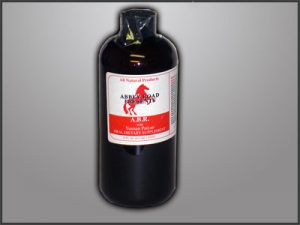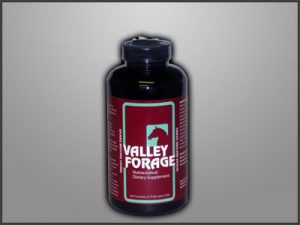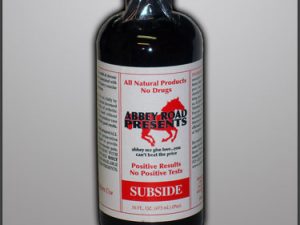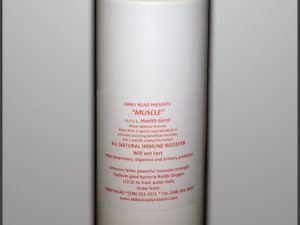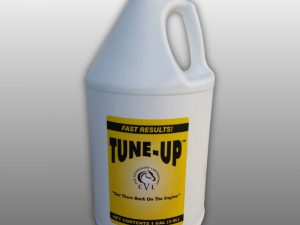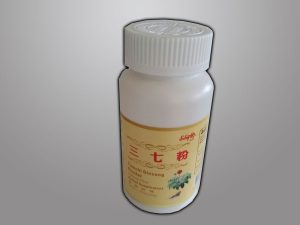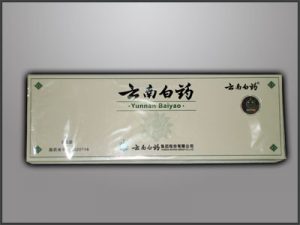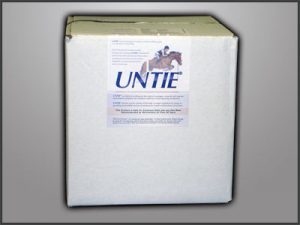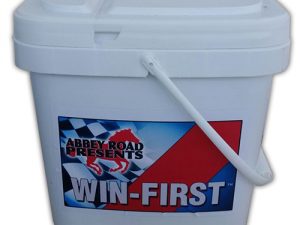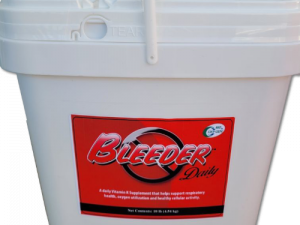When it comes to owning a horse there are many things you must pay attention to besides their physical appearance. Common issues that horses will experience are worms. There are many different types of worms that can have various effects on a horse. Properly treating and caring for your horse while they are experiencing worms is very important. There are ways to successfully treat your horses worms without the expensive chemicals, drugs, or perscriptions. Abbey Road offers high quality all natural supplements to keep your horse healthy.
There are several different types of Equine worms, which are most common in the United Kingdom, although they can be found in other countries around the world as well.
Large Redworms (Strongylus species)
Large Redworms are less common nowadays than they were in the past. In fact, they have been almost eradicated in the United Kingdom, although they rare, they are still around. Approximately 2 cm long and reddish in color, Large Redworms feed on the intestines lining inside of a horse. As a horse grazes, they eat the larvae, which latches on and burrows itself into a horses arteries. Large Redworms find their way to the gut of the horse and begin to feed, which can cause colic, internal bleeding, anaemia, and in extreme cases, cause death to a horse. Horses of all ages are able to pick up on this unfortunate worm, and it is very important to treat a horse who has developed it.
Large Mouthed Stomach Worm (Habronema muscae)
This type of worm is transferred around by fly maggots which feed on the droppings of a horse. Adult Large Mouthed Stomach Worms live inside a horses stomach where it reproduces, laying eggs in the belly of your horse. When your horse poops, the eggs are released in their droppings. After a maggot feed on the horses feces containing the larvae of the worm, it begins to develop within the maggot. Flies then carry the worms in areas of their mouths. When a fly lands on a horse around their nose, mouth, or wounds, the fly will release larvae containing the worm, when a horse licks around his mouth, or licks a wound they pick up the worm.
Large Roundworms (Parascaris equorum)
This is the largest parasite. With recorded lengths of up to 30 cm, Large Roundworms can survive for many years within stables or fields. As horses graze they often swallow the worms egg, or they can ingest them while in their stable. The Large Roundworms egg travels through a horses bloodstream, onto the liver and lungs, then makes its way to the small intestines where it will feed and develop into an adult worm. Large Roundworms have been found in foals as young as 12 weeks old, and an immunity to these type of worms is usually developed by the time a goal is 18 months old. A horse who has Large Roundworms can develop digestive problems, be unable to gain weight, or even block the guts completely if the infestation gets out of hand.
Abbey Road understands what it takes to get rid of worms in horses. With all the prevention, treatment, and medicine it can be very expensive. Well, skip the medicines, the chemicals, the steroids, and try an all-natural product guaranteed to prevent worms.
Wild Forage is a natural blend of 380 herbs, designed to prevent worms and colic in horses. All you need is 1 TBS in your horses feed or water. You are guaranteed to see results in 3-5 days, or your will get your money back.
Because this product is all natural herbs, there is no shelf life. If you do not use all of it, don’t worry, save it! If you have any question on what all natural product is best for your horses needs, contact Abbey Road today. Be sure to inquire about our new customer special discounts!

